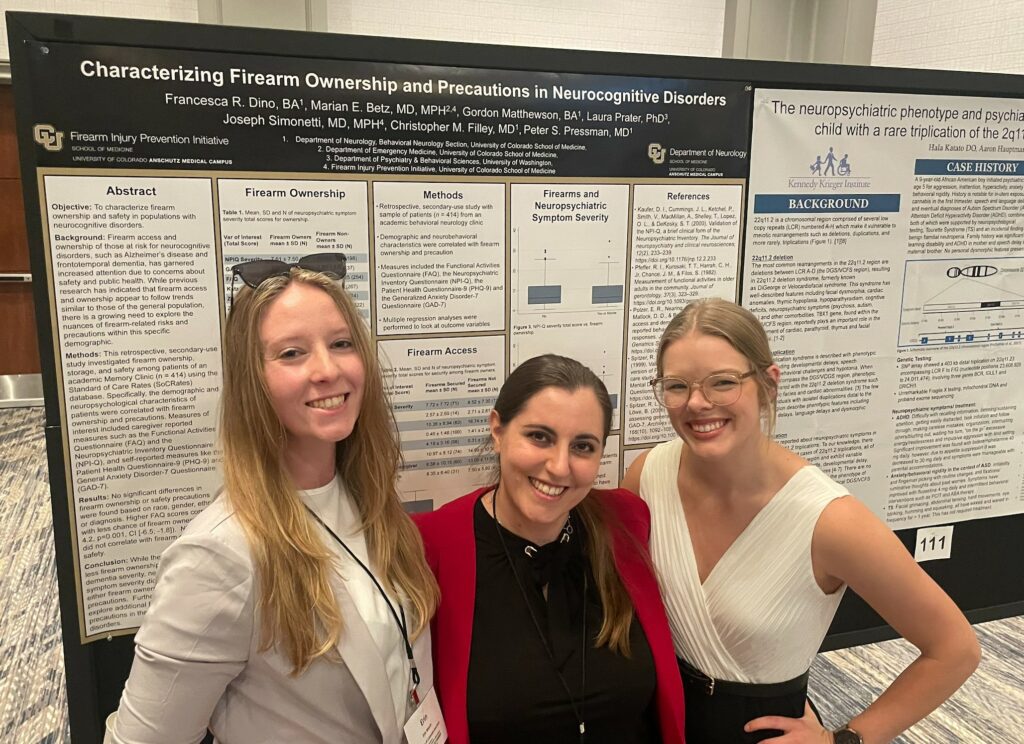Highlights from ANPA’s 34th Annual Meeting
The American Neuropsychiatric Association (ANPA) recently concluded its 34th Annual Meeting, an event that showcased cutting-edge research in a variety of fields including cognitive, emotional, and behavioral science. ANPA is a non-profit organization of professionals in behavioral neurology, neuropsychiatry, neuropsychology, and the clinical neurosciences with a mission to improve the lives of people with disorders…
Read MoreWhy Participate in Clinical Research?
Have you ever been interested in clinical research? Perhaps you’re not sure why anyone would want to participate in the first place? Or maybe you haven’t even heard of it until now? This blog post discusses clinical research generally, as well as some of the pros and cons to participating. Clinical research is a branch…
Read MoreThe Art of Conversation: Unlocking Brain Health Secrets Through Turn-Taking
Our Latest Discovery! In our quest to understand and detect neurocognitive disorders (NCDs) early, we’ve stumbled upon a fascinating aspect of daily life: the art of conversation. It’s not just what we say, but how we say it that might hold critical clues to brain health. Our latest study dives into this concept, exploring how…
Read MoreHighlights from Cooper Conference 2023
On November 3rd, 2023, the Departments of Psychiatry and Neurology hosted the Annual Cooper Conference titled Interpersonal Neurology: Communication Disorders Across the Lifespan. This conference delved into the intricacies of communication disorders, elucidating their neurobiological underpinnings and clinical manifestations throughout various stages of life. This blog post highlights a few presentations from the conference. “Communication…
Read MoreThe AI-Assisted Future of Discrete Trials Therapy in RFT
Discrete Trials Therapy (DTT) is an essential cornerstone of Applied Behavior Analysis (ABA) interventions. Its structured, step-by-step approach allows therapists to target specific skills in a controlled environment. While effective, a criticism frequently leveled at DTT is its potential to produce “robotic” responses, in part due to the standardized nature of its stimuli and prompts.…
Read More
